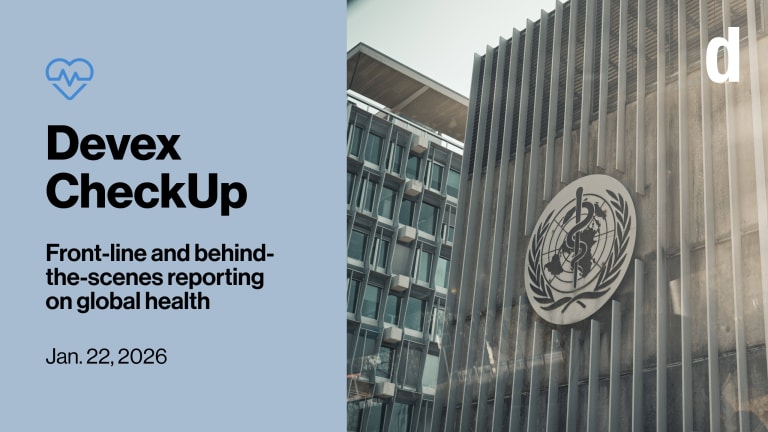The World Health Organization has launched a series of online courses for frontline responders to epidemics and emergencies.
The video lectures contain essential information taken from hundreds of pages of WHO technical and scientific manuals. They are packaged in video format to be easily accessible and digestible for those seeking information on particular epidemics such as Ebola and the Middle East respiratory syndrome, as well as essential skills and knowledge in emergency response such as risk communication and community engagement.
“The existing guidance is complex and not easy to understand for those who do not have special training in public health. Also, even if people on the frontline of emergency response can understand the science in our guidelines, it is difficult to find or carry heavy manuals in the field,” said Dr. Gaya Gamhewage, manager of the interventions and guidance team under WHO’s Health Emergencies Program.
This story is forDevex Promembers
Unlock this story now with a 15-day free trial of Devex Pro.
With a Devex Pro subscription you'll get access to deeper analysis and exclusive insights from our reporters and analysts.
Start my free trialRequest a group subscription







